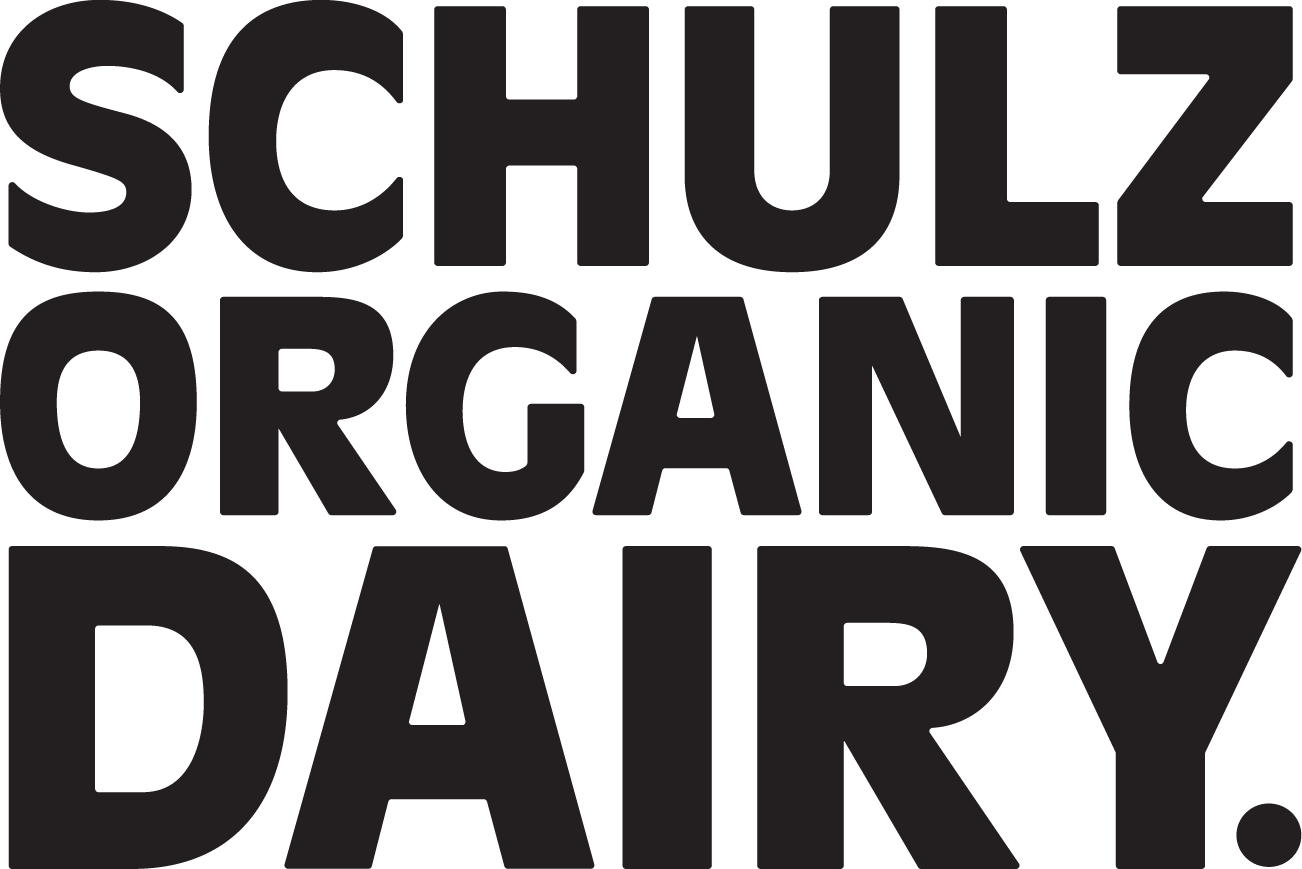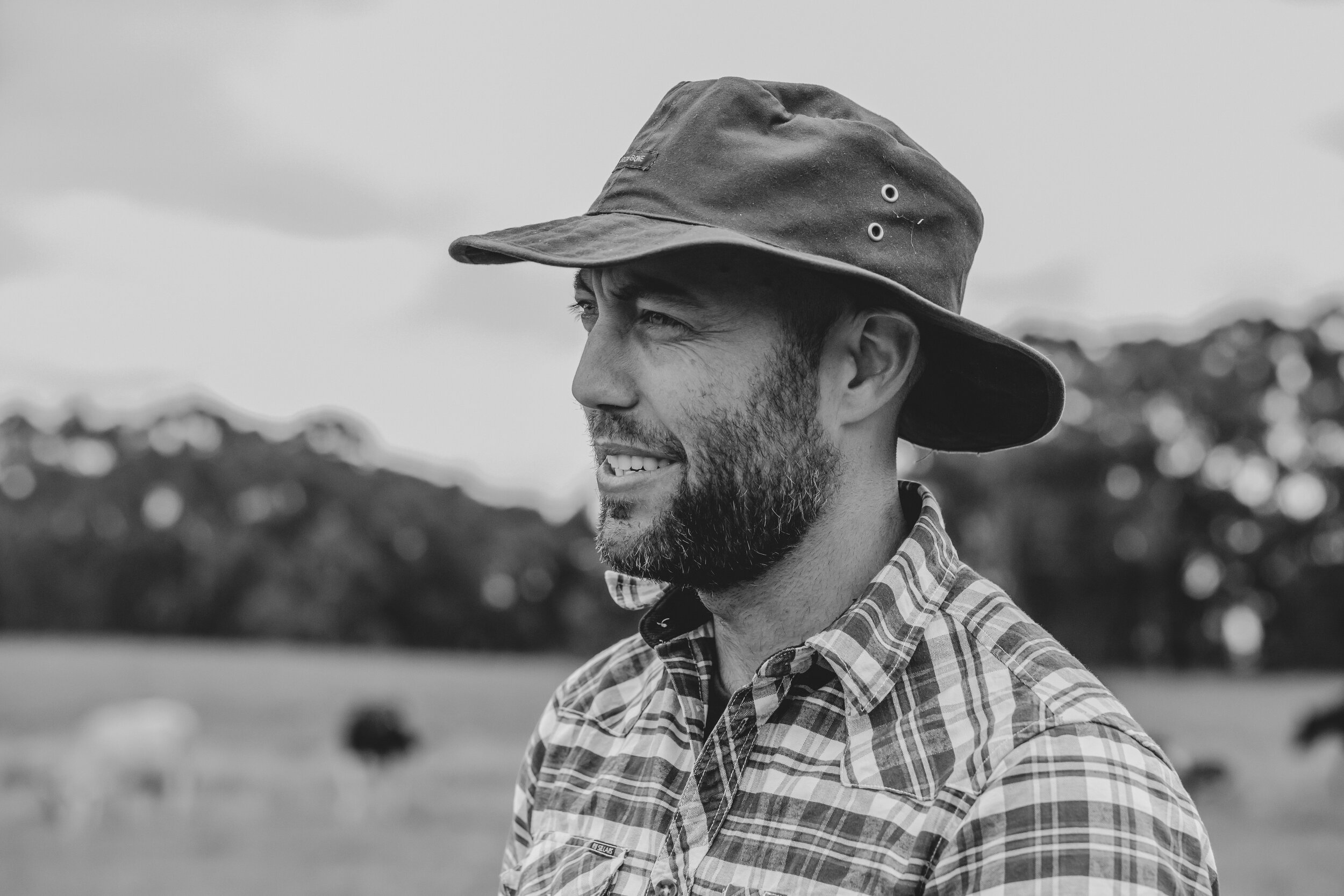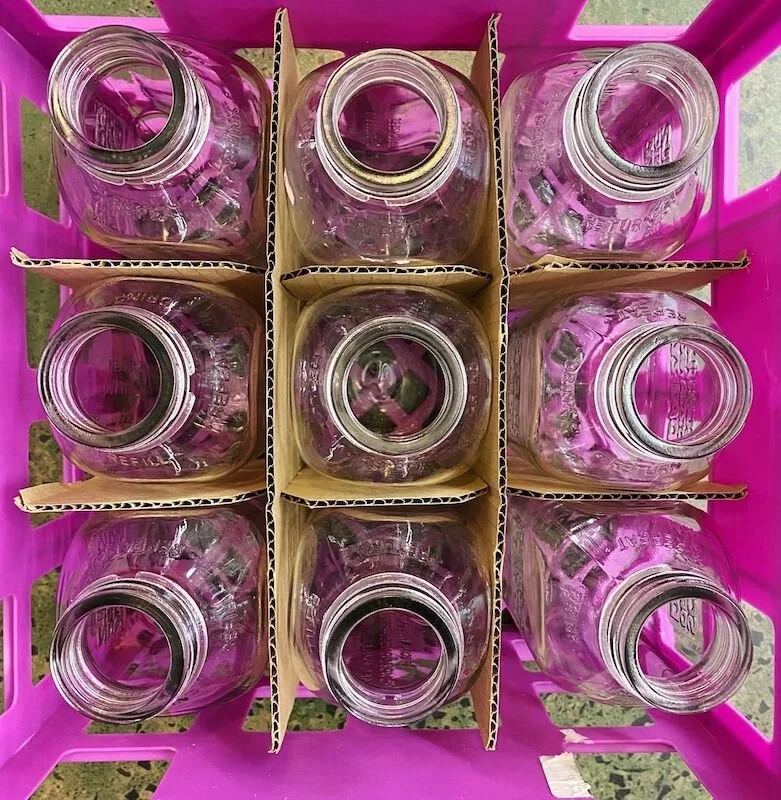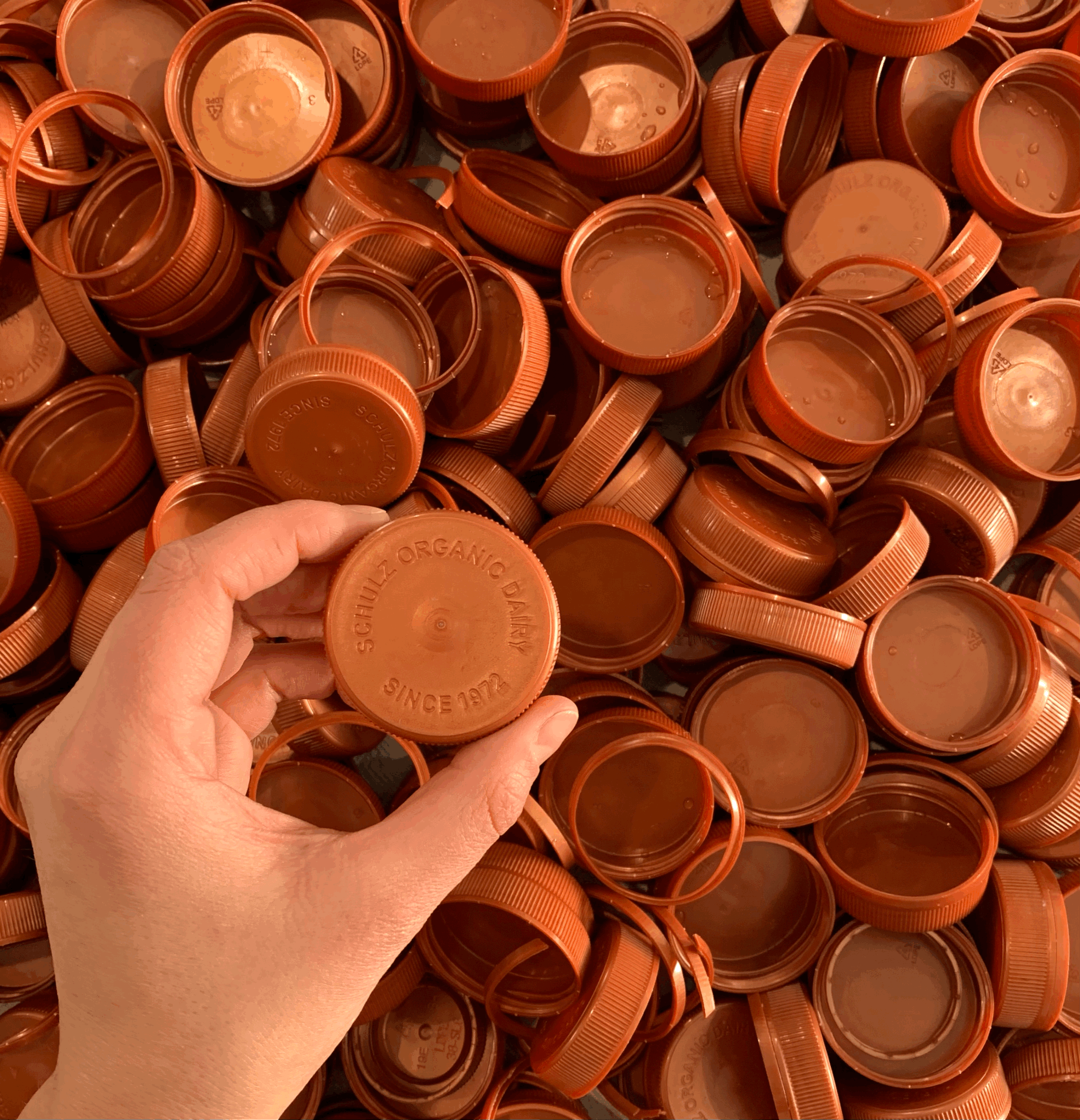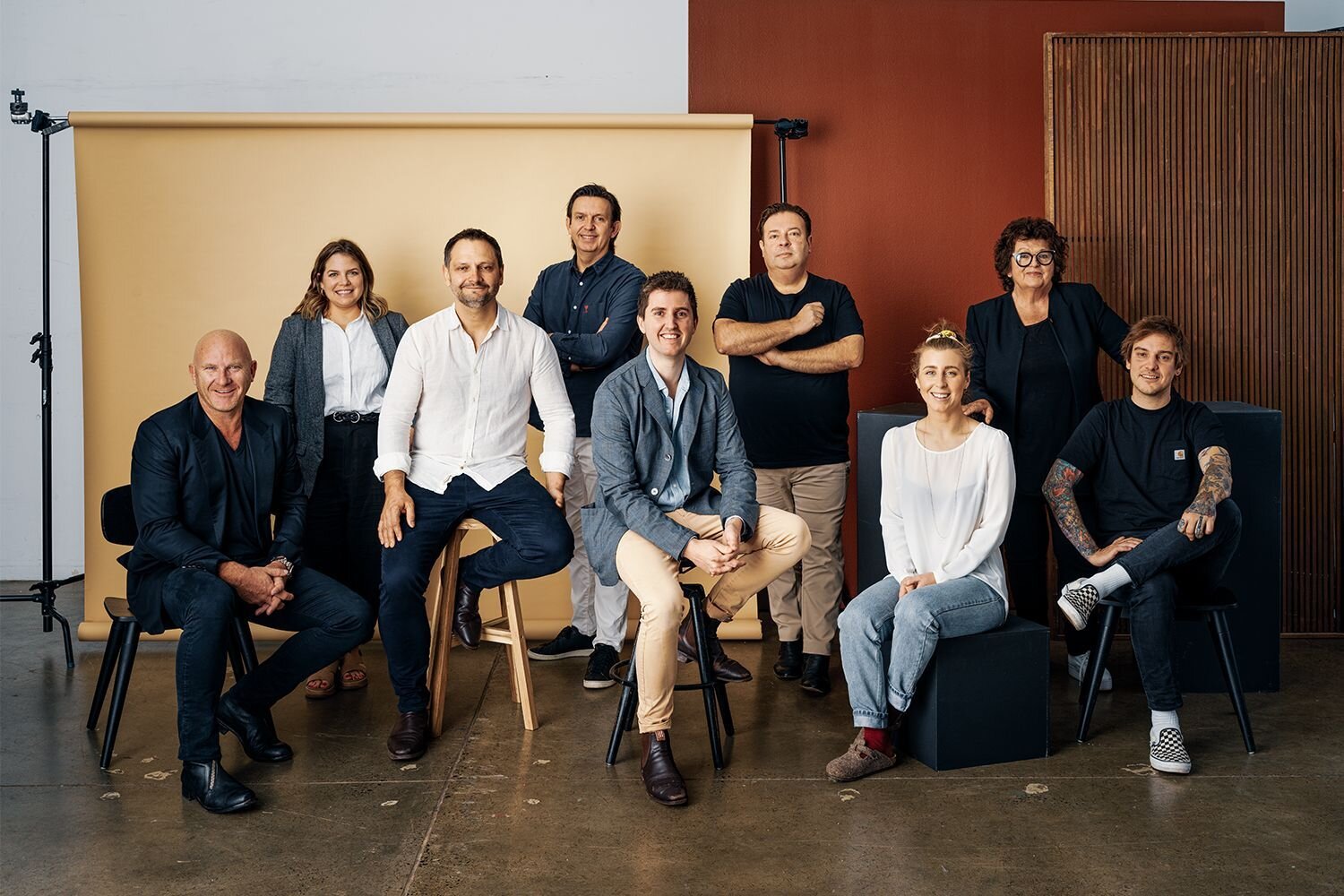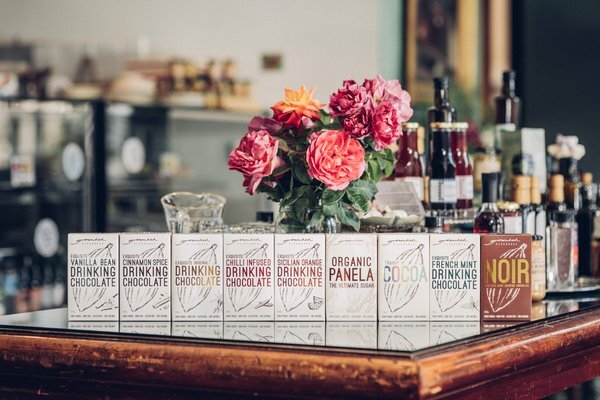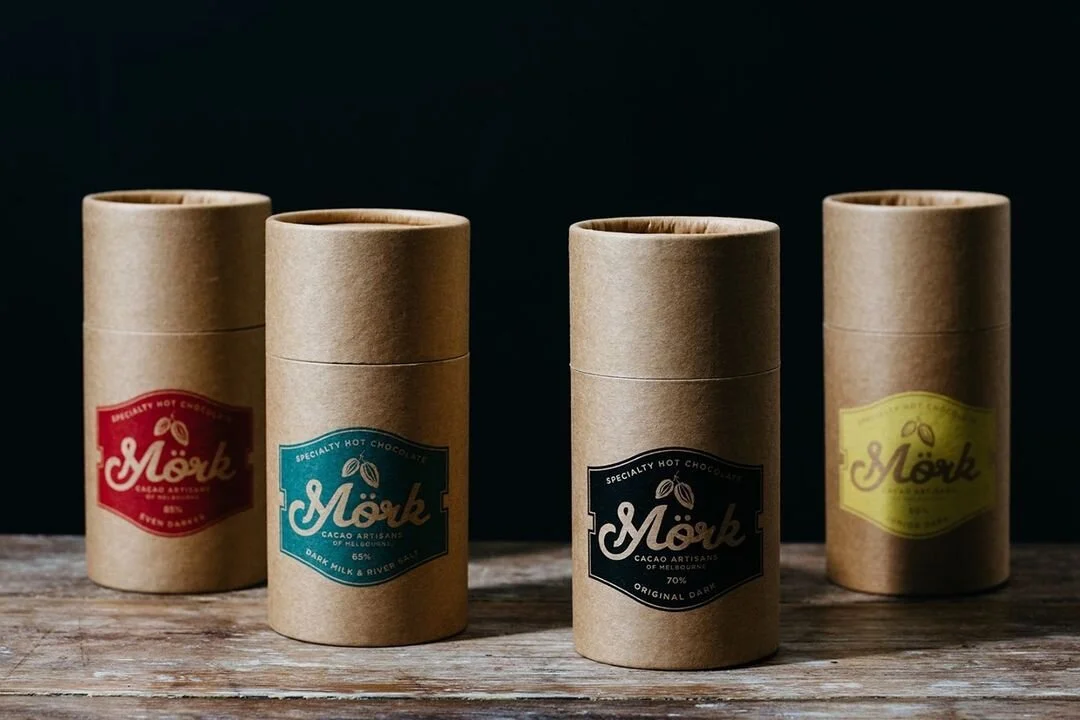We’re always looking for food saving methods and more sustainable products to reduce our food waste, and we’ll continually share our experiences with our community so you can do the same. Through simply changing our thinking around food waste and behaviours at home we all can help reduce food wastage. Read on to learn about some methods of reducing food waste at home and some smart recipes for cutting down on what we throw out.
Due to the nature of perishable dairy products, there is sometimes a risk of food waste. Luckily our products are quite versatile and can be used for a number of savoury and sweet recipes. Leftover dairy can even be converted into new products! Milk can be turned into yogurt and cheese, yogurt can be turned into quark, and cream can be transformed into butter, just to name a few! Read on to discover some of our favourite food waste reducing tips and recipes.
5 WAYS TO REDUCE FOOD WASTE
Sometimes you’ll find yourself with leftover dairy products approaching their expiry dates. Maybe the kids have been on a school camp all week or you just haven’t got around to eating what’s in the fridge. Well, don’t worry, because we have some food saving tips that can help us all reduce food waste.
Plan your week ahead and only buy what you need. Keep an open mind about what you can use as substitutes and don’t be afraid to experiment. Have a ‘leftover meal’ planned in your week to help use food up.
Schulz team member Jess takes a 'shelfie' of her fridge and freezer so she can double check what she’s already got while at the shops. Jess has been doing this for years and has found that she wastes less food – while saving money, fighting climate change and eating healthier!
Quite often recipes require quantities that do not match product sizes at the store or farmers market. You can simply adjust the recipe serving size up or down to reduce leftover ingredients. If you double it and find yourself with leftovers, then share them with your neighbour, friends or family. Everyone wins!
There’s no need to chuck out nearly expired milk. Milk on-the-turn is a good replacement for buttermilk. You can use it to make pancakes, waffles, biscuits, cake, scones, thicken soup, and even make cheese. You can even add it to your garden soil as a calcium supplement!
Start a compost (Composta Australia and Breville’s Food Cycler are great) or find someone to give your food scraps to through apps like Share Waste. Click here for sustainable composting tips.
RECIPES TO REDUCE FOOD WASTE
We have collected some food saving recipes that have been shared by members of the Schulz community and our Creamery & Cafe chef Hila Perry. Read on to learn how to make your own cultured butter, cheese, cakes and so much more!
LEFTOVER MILK AND BREAD? Make HILA’S BREAD AND BUTTER PUDDING
Bread and butter pudding is so versatile and is great for using up excess bread, overripe fruit and dairy that needs to be used up, pronto! Our Creamery & Cafe pastry chef Hila recently shared her recipe for her classic bread and butter pudding.
Get Hila’s Bread and Butter Pudding Recipe
LEFTOVER CREAM AND YOGURT? MAKE BUTTER!
If you’ve got leftover milk, cream or yogurt reaching its expiry then don’t throw out those last few precious dollops, or that last glass of milk! Instead, see how far it goes when you make cultured butter with this simple recipe.
LEFTOVER QUARK? MAKE A CAKE!
Quark is one of our favourite products when it comes to reducing food waste, because it is so versatile for both sweet and savoury recipes. You can substitute it for recipes that call for sour cream, thick yogurt, cream or cottage cheese.
If you’re more of a sweet tooth then check out Sarah Cooks’ German cheesecake recipe.
LEFTOVER MILK? MAKE CHEESE!
Masterchef judge Melissa Leong had a go at turning our milk into ricotta and the resulting whey into caramel – and just look at the results!
If you have a cheese making kit then leftover milk is perfect for making halloumi, mozzarella, ricotta and more soft cheeses. An easy place to start is by making cottage cheese or homemade yogurt.
If you have any food waste reducing hacks, tips or tricks we’d love to hear about them – be sure to share with us on our socials!
